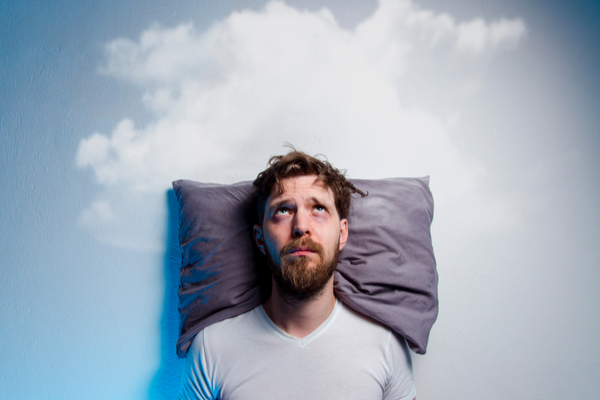Maybe the day before one of the biggest sweets gorge-fests of the year, and heading into the Thanksgiving holiday season isn’t the best time to talk about how much food affects your sleep. Or maybe, it’s the perfect time.
If you’ve tried cutting back on your screen time and are still struggling with getting a good night’s rest – rest that all studies show is crucial to overall health and well-being, it might be time to check your diet.
A recent study published in the National Institutes of Health NIH) National Library of Medicine suggests that eating more fiber and less saturated fat can greatly improve the quality of your sleep. In fact, for every 10 grams of fiber you add to your diet, researchers have noted that you will have four fewer disruptions to your sleep rhythm per hour.
Additionally, the study found that higher saturated fat consumption is also linked to less slow-wave sleep. Slow-wave sleep is the deep sleep that helps your body recharge and recover. Additionally, scientists have found that people who eat more sugar and simple carbs – like bagels or white bread – woke up more at night and had less restorative sleep.
This doesn’t mean that you need to avoid these kinds of food completely. Experts say that perfectionist diets set you up for failure. The goal is moderation, rather than restriction.
But if you’re struggling to get a good night’s rest, waking up feeling unrefreshed and just plain tired, then slightly adjusting the types of carbs (more fiber, less sugar) you eat could help you fall asleep and stay asleep for a better restorative rest.
—
Photo Credit: Phoenixns / Shutterstock.com
| If you’ve cut back on technology and still struggle with getting a good night’s rest, it might be time to check your diet. |
| Research suggests that eating more fiber and less saturated fat can improve the quality of your sleep. |
| In fact, for every 10 grams of fiber you eat, researchers noticed that you have four fewer sleep disruptions per hour of sleep. |
| Additionally, the study found that higher saturated fat consumption is linked to less slow-wave sleep. Slow-wave sleep is the deep sleep that helps your body recharge and recover. Scientists also found that people who eat more sugar and simple carbs — like bagels or white bread — woke up more at night and had less restorative sleep. |
| This doesn’t mean you need to avoid these foods completely. Remember — perfectionist diets tend to fail — so the goal is not to restrict everything you enjoy. But, if you’re struggling to get a good night’s rest, slightly adjusting the type of carbs (more fiber, less sugar) you eat could help you fall asleep easier and stay asleep for better recovery. |
